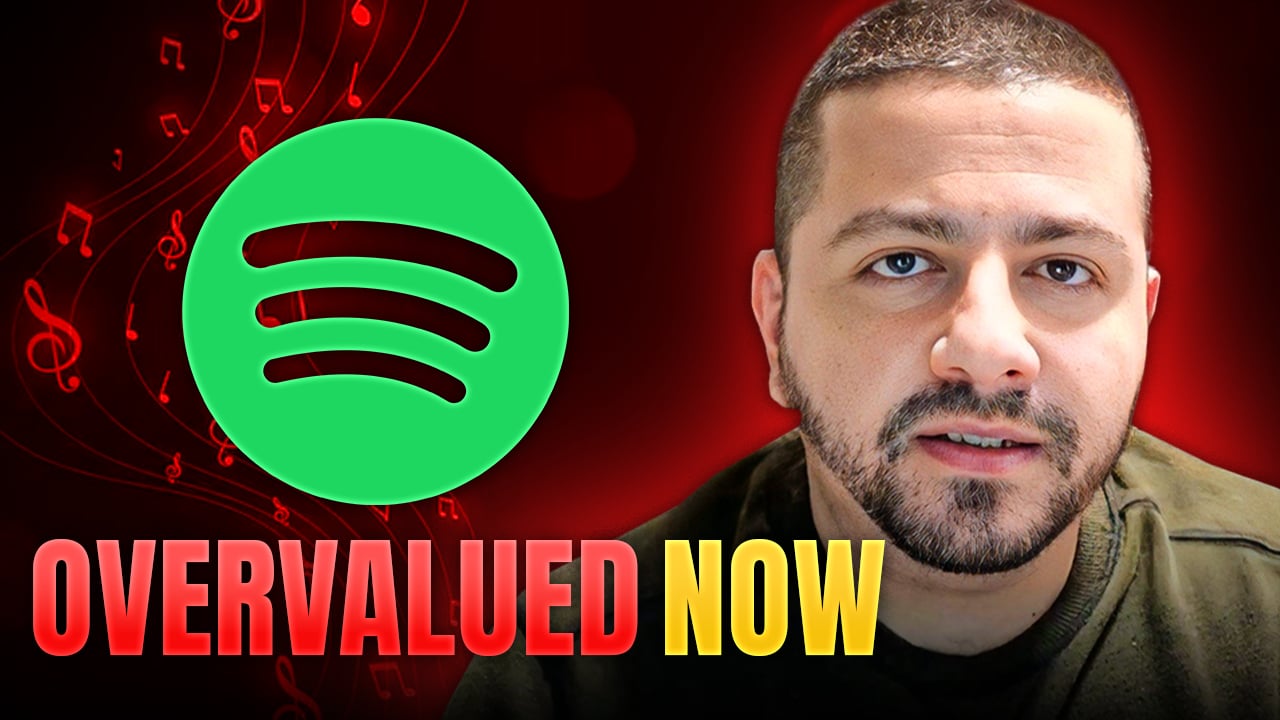Snapchat introduced Stories -- groups of posts that users tap through in sequence, but which self-delete after a period of time -- on social media in 2013, but the app had the monopoly on them for only a few years. Facebook's (FB 1.29%) Instagram added the feature in 2016, and others quickly followed suit. Stories are now a standard feature on social media platforms, as well as on communications apps like Microsoft's Skype. Now, the feature is even on music streaming app Spotify (SPOT +3.79%).
Yes, Spotify. It's not exactly a social media giant, but the company is testing a Stories feature nonetheless. It's called Storyline, and Spotify hopes that it will be an important means for bands and other audio content creators to connect with fans.

Image source: Getty Images.
The logic behind Spotify's Storyline
Assuming Spotify's feature works as expected, the logic is pretty easy to follow. Spotify already allows users to follow their favorite artists and connect with other users. Spotify also already has a lot of tools for introducing music to users and reminding them of their favorite artists. With Storyline, Spotify would give artists more power to promote their own latest releases (or just stay on fans' minds in between new music drops).
It's a potential win-win. Unlike some other major streaming companies, Spotify does cut deals that give rights owners payments based on the number of plays their material gets. That gives artists an incentive to make sure that they keep Spotify users tuning into their tracks. And while Spotify has started to make moves related to an original-content strategy, it still relies overwhelmingly on licensed content. Spotify is almost always going to be paying some third-party license holder for each play, due to its lack of original content, so it doesn't care too much what its users listen to. Thus the app is free to focus on delivering whatever users will listen to most.
If Storyline help artists hold on to their fans and keep fans streaming music (making Spotify's service a more important part of their lives), then it's a good thing for Spotify as well as for the artists.
Will this work?
But how confident should observers be that Spotify will be able to get this feature working and contributing in the way that it wants?
Instagram is the king of Stories right now: Facebook in January announced that 500 million people use the feature each day. That's more than twice as many as the 200 million monthly users that Spotify has for its entire service.
The good news is that getting buy-in from artists shouldn't be too hard. It might even be easy for them to participate in Spotify's Storyline. Their social media managers could just cross-post to Spotify what they post to other sites. Whether Spotify can get its users to pay attention remains to be seen.
There are reasons for skepticism. Spotify has managed to get users to spend about a third of their time on Spotify-made playlists, but even the relatively popular Today's Top Hits playlist is followed by only about 20 million users, or roughly one in 10. And that's a music feature, not a social media one. I take that to mean Spotify users want to listen to what they want to listen to, not engage with what Spotify wants to serve them, and that could include a social function.
What if it works?
It's not clear that there is much reason for Spotify's new feature to exist. But the risks are low and the rewards are potentially great. If Spotify can become a social hub for musicians and fans, it will put pressure on Apple's (AAPL 3.40%) Apple Music and Alphabet's (GOOG +1.49%) (GOOGL +1.50%), Google Play Music and YouTube Music, which are comparatively light on social media features. (Apple actually shut down Connect, a social media feature built into Apple Music, in 2018, so it appears to be moving in the opposite direction from Spotify.) At a time when Apple is a huge threat to Spotify, it doesn't hurt to be adding features.
Success with Storyline would also give Spotify a social media dimension that would appear to compete with what Facebook and Instagram already offer. It is already possible for artists to link to Spotify within an Instagram story, for instance, though it's not clear how much traffic that drives to Spotify. Facebook hasn't shown much willingness to move into Spotify's space, but it is possible to share music on Facebook without using Spotify. So while it's hard to picture Spotify's Storyline competing seriously with Instagram Stories, even among music buffs and bands' social media managers, it is at least easy to see why Spotify would try.





